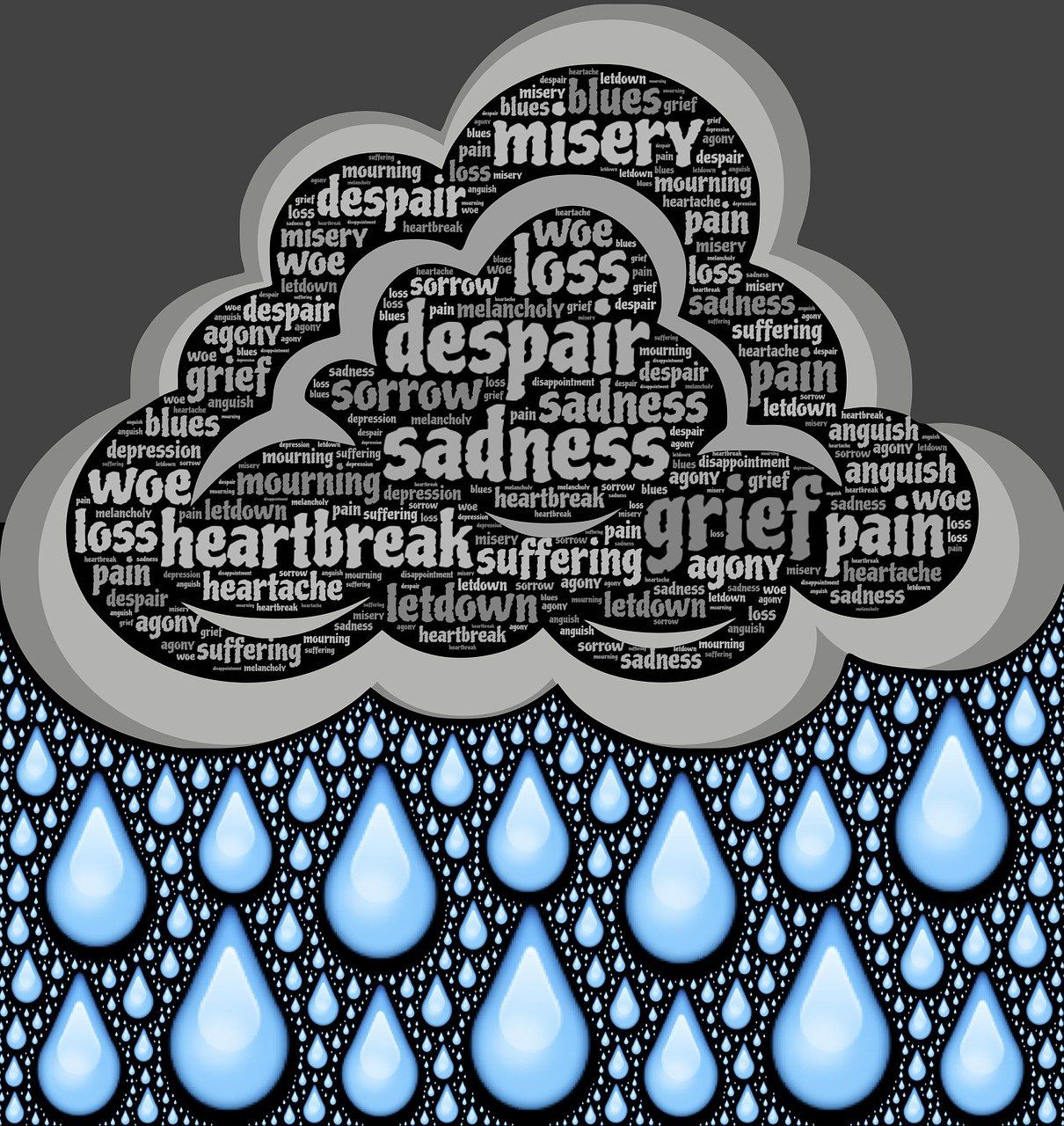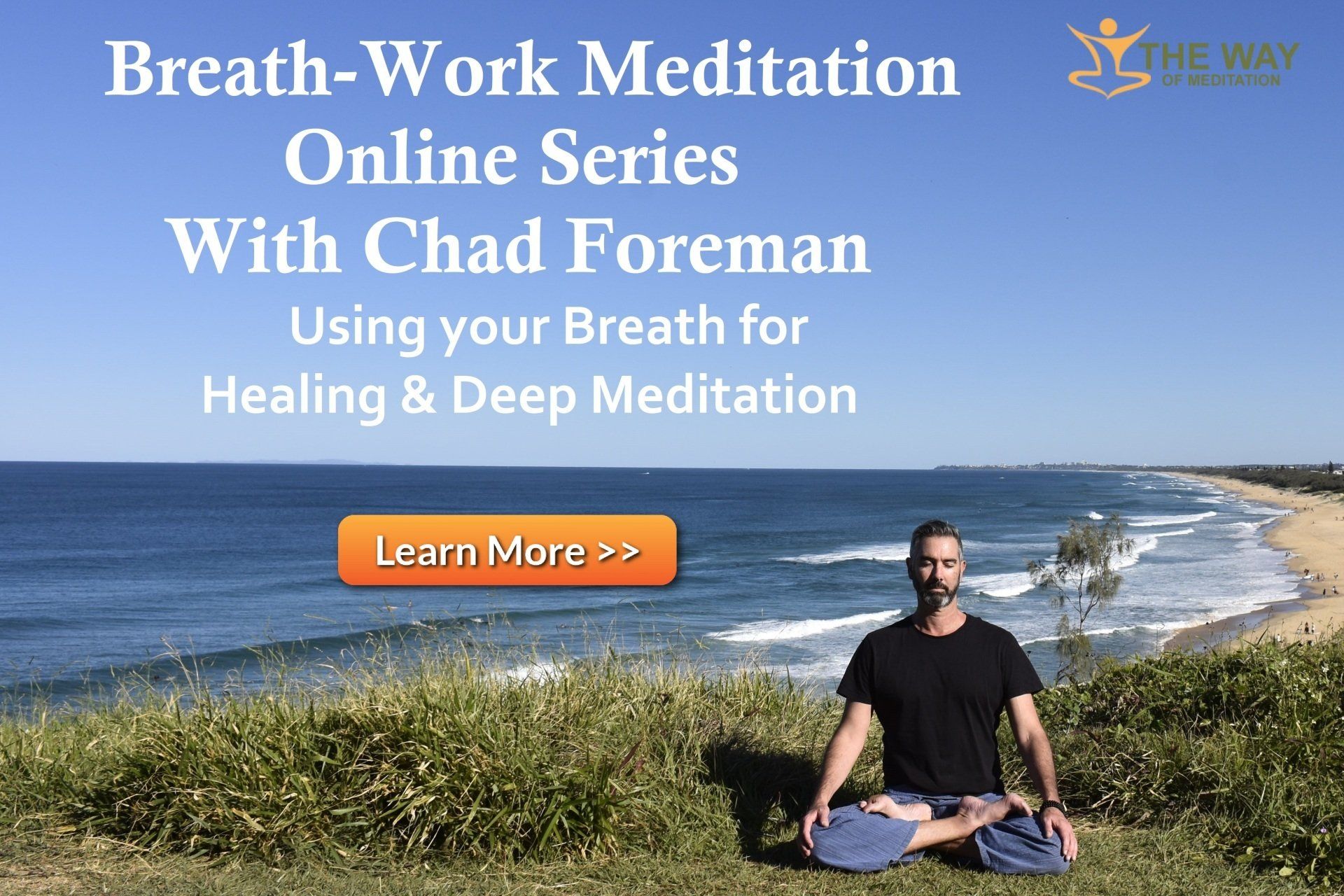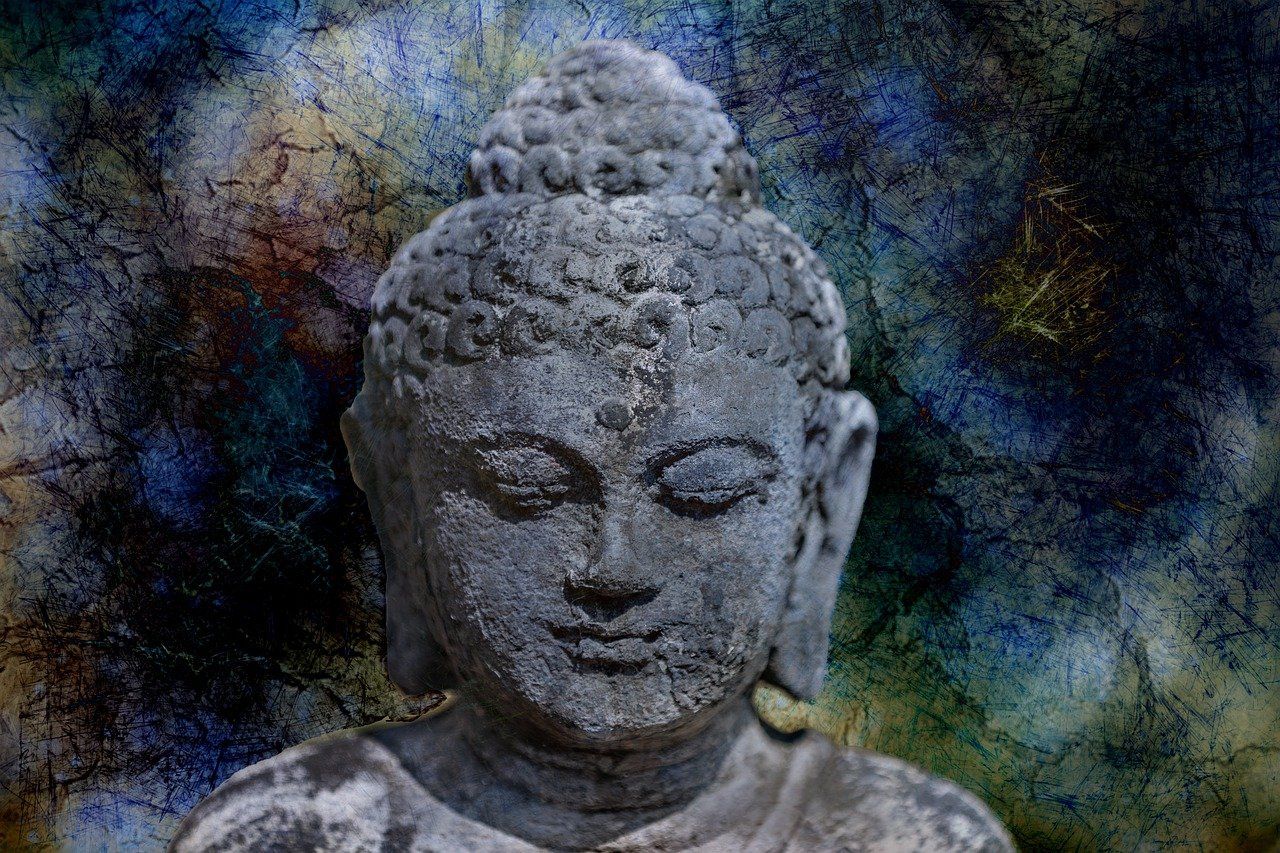Five of the Top Misconceptions about Emotional Healing
1) I Need To Control My Emotions
CONTROL your emotions. Oh no, FAKE-knowledge!… When we try to control emotions, a lot of energy is involved and emotions are strong! It's like riding an elephant and doing our best to turn it into a mouse! Don't try to control emotions, instead the point is NOT LETTING EMOTIONS CONTROL YOU. This is not just a word game, but actually it changes our relationship with emotions: we can give them space, and in that space we can heal, without them overriding our minds.
2) I Have To Get Rid Of My Bad Emotions
Emotions - even those like anger, fear or sadness - are here with a PURPOSE: To show us what's important for us. So, there is no such thing as 'bad' emotions - only misunderstood emotions or too-intense emotions that feel too much. There is lot of advice around eliminating 'negative' or 'bad' emotions and having only positive emotions - which is not even humanly possible - we are given the gift of feeling a vast array of emotions and use them to learn about ourselves. Indeed, we need to find the right tools to tackle them and to make them space, even if they feel so unpleasant. Sadness can easily fall into depression and worry into anxiety, so getting familiar with their triggers and their ways of manifesting can be extremely helpful.
3) I Need To Be Happy All The Time.
"I'm not sad" , "I need to feel happy" - Oh, I've heard these words so many times. Even from myself. But these words can easily be COVER-UPS or ineffective coping mechanisms. And what do they cover up? Maybe something what's inside that is too intense, and it's so difficult to handle... so we choose to avoid it, deny it or reject it. And yes, in our society, it seems that we need to feel certain emotions, and reject anger, fear, disgust... When we are little children, we might be terrified the boogy-man or night-monsters. Our parents tell us to look and see there is no such thing, but this doesn't work for a child. So what are your boogy-emotions? The ones we are afraid to really see?
4) I'll Be Happy When .....
I would be happy, if only... fill in the dots: get a new job, earn more money, be in a new relationship, etc. Happiness seems to come from the our conditons But actually, what modern psychology shows is something that monks knew for thousands of years: it's not the external factors that shape our emotions, but the way we perceive and handle the conditions that is the biggest influence on our own well-being.
5) I have To Be Calm All The Time
Due to the huge influence of the so called 'wellness industry' a myth has emerged that emotional healing means being CALM and "ZEN" all the time - and this is so far away from reality. Feeling calm is an emotion per se. And feeling sadness or joy is also an emotion. And we can learn a way of really connecting with their unique flavours because emotions make us humans. We are so lucky to be able to feel, yet sometimes they just spill out from our soul, from our heart... And it's not our fault, actually our brain was created in this way - to be extra-vigillent to any kind of real or perceived danger and to make us act. So we need to re-train our brain, giving ourselves the gift of connecting the brain with our heart, by making space for our emotions and learning to feel them - yes, to really FEEL whatever is there to feel, without letting them control us.
Because when you heal something, a new space is created into your soul and a new energy can emerge. And the path to emotional healing is easier when:
- You have the top psychological tools to mindfully deal with Emotional pain
- You understand the basic childhood situations that make emotions feel so difficult to handle
- You learn and practice a clear way to navigate difficult and painful emotions
- You are adding Mindfulness in relationships, finding your true values and emotional wellbeing
- You stop feeling overwhelmed by emotions - or feeling numbness! - in face of difficulty
- You connect with a deeper essence of you for emotional healing, even in difficult moments
Written by Adriana Spataru
ADRIANA Spataru is a Psychologist since 2006, Mindfulness MBSR & MBI Teacher, Mindful Coach, Mindful Educator, and the proud Founder of Mindful Psychology. She has hundreds of hours invested in her professional development: Mindfulness Teacher diploma in MBI (Mindfulness-based interventions) and MBSR (Mindfulness based Stress Reduction) - considered "The Golden Standard" in Mindfulness; she is also a Mindful Coach, Mindful Educator, has extensive training in CFT (Compassion Focused Therapy), she is a Trained Professional in Neuroplasticity (Rick Hanson) and also trained with Google's Search Inside Yourself Leadership Program - the most successful training at Google - Find out more and connect with Adriana at Mindful Psychology HERE
Get A FREE
Guided Meditation Series
with Chad Foreman














